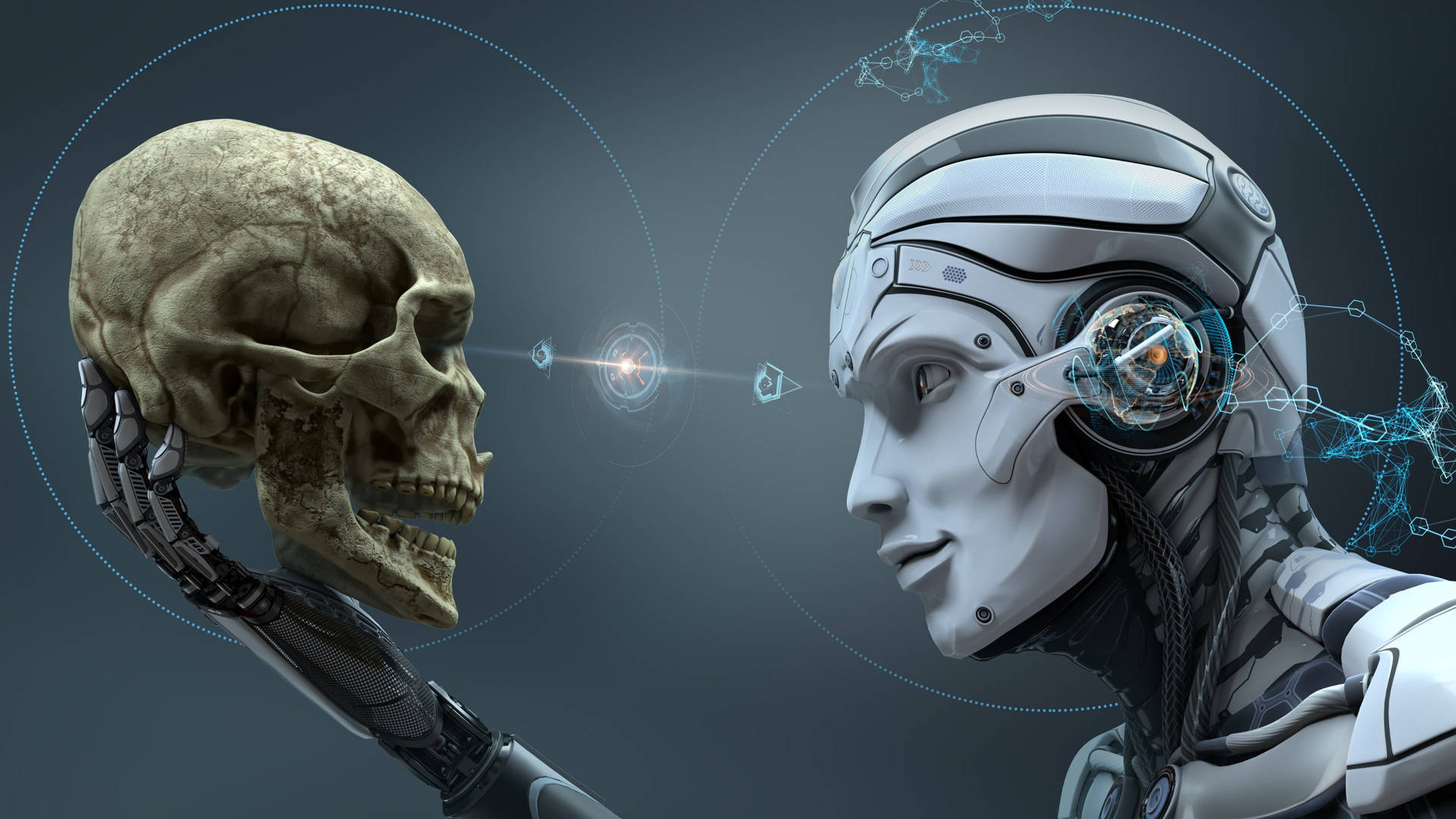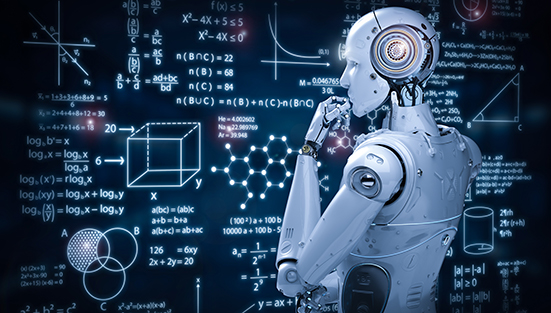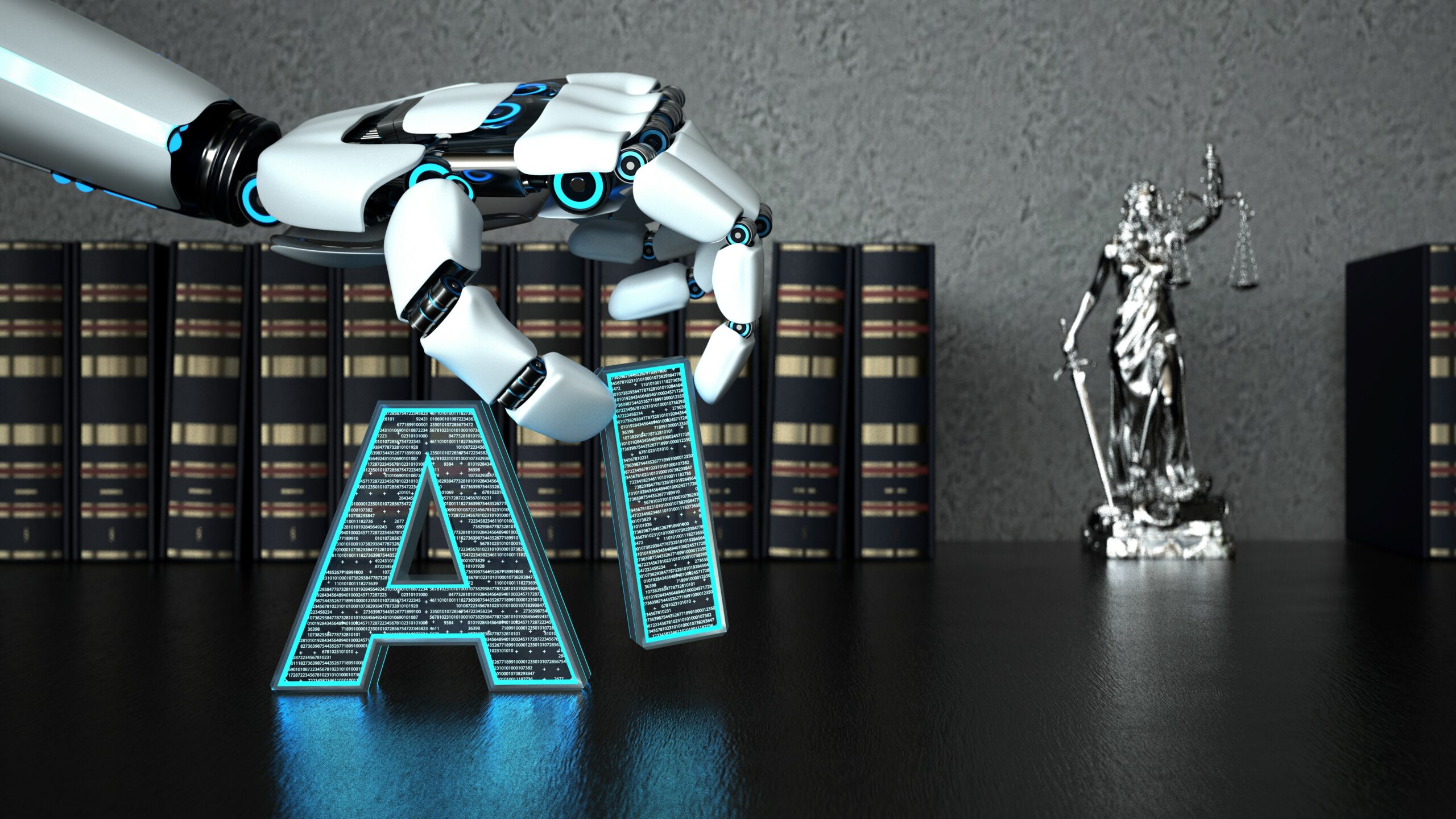The field of sports has always witnessed human excellence, determination and athleticism. However, in recent years, a new player has entered the fray, defined not by physical prowess but by its cognitive capabilities – artificial intelligence (AI). The integration of AI into sports has ushered in a new era of performance enhancement, data analysis, injury prevention and fan engagement. In this article, we will explore how AI is changing the sports landscape.
 |
| AI's Impact on Sports: Revolutionizing Training and Analysis. 🤖🏃♂️ #AIinSports |
AI in Performance Analytics
The impact of AI on sports performance is profound. It enables coaches and athletes to gain insights from vast amounts of data, improve training methods and strategies. An AI-powered motion analysis system precisely breaks down an athlete's movements, identifying areas for improvement in real time. Whether it's a golfer's swing or a basketball player's shooting form, AI provides a detailed perspective that the human eye can't see.
Player Tracking and Data Collection
The use of AI-powered sensors and cameras in stadiums has revolutionized player tracking. These systems capture a range of data points such as speed, distance covered, heart rate and player position. This data helps make informed decisions during games and provides post-game analysis that can transform training programs.
 |
| From the field to the screen, AI is changing how we play and watch sports. 🎮🏀 #FutureofSports |
Injury prevention and recovery
AI is a game-changer when it comes to predicting and preventing injuries. By analyzing an athlete's movement patterns, weight distribution and biometrics, AI can identify potential injury risks. This enables trainers and medical personnel to adjust training loads and routines to reduce the likelihood of injury. In addition, AI assists with personalized recovery plans, ensuring athletes return to peak performance quickly and safely.
Fan engagement and experience
AI has also enriched the fan experience. Virtual Reality (VR) and Augmented Reality (AR) applications allow fans to immerse themselves in the game. AI algorithms create highlight reels tailored to individual preferences, increasing engagement across social media platforms. Chatbots and voice assistants provide real-time updates and answer fan questions, creating a more interactive experience.
Data driven strategy
In the world of sports, strategy can make the difference between winning and losing. AI's data-crunching capabilities enable coaches to analyze opposing teams' patterns, player statistics and historical data. This information also informs game plan, player positioning and in-game decision making. The competitive edge gained through AI-powered insights can be a decisive factor on the scoreboard.
Challenges and Ethical Considerations
While the impact of AI in sports is undeniable, it comes with challenges. Privacy concerns arise because of the extensive data collection involved. The ethical use of AI, particularly in the context of performance-enhancing technology, is an ongoing debate. It's important to strike a balance between using AI as a tool for game integrity and improvement.
The future of AI in games
The development of AI in games shows no signs of slowing down. Predictive analytics, which predict game outcomes, player performance and injury probabilities, are becoming more accurate. Innovations such as AI-generated refereeing decisions and advanced biometric wearables are reshaping the conduct and experience of sports.
conclusion
The entry of AI into the field of sports has redefined what it means to be competitive. It empowers athletes to push their limits, coaches to strategize with precision and fans to engage on a whole new level. As AI advances, the limits of human capability in games will undoubtedly expand. Balancing the benefits of AI with the integrity of the game will be a challenge, but the game-changing opportunity it presents is undeniable. So, as we look at this fusion of technology and athleticism, one thing is clear – the future of sports is here, and it's powered by AI.















